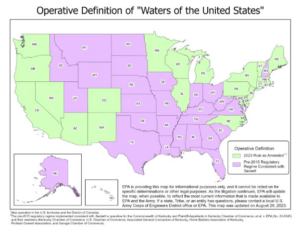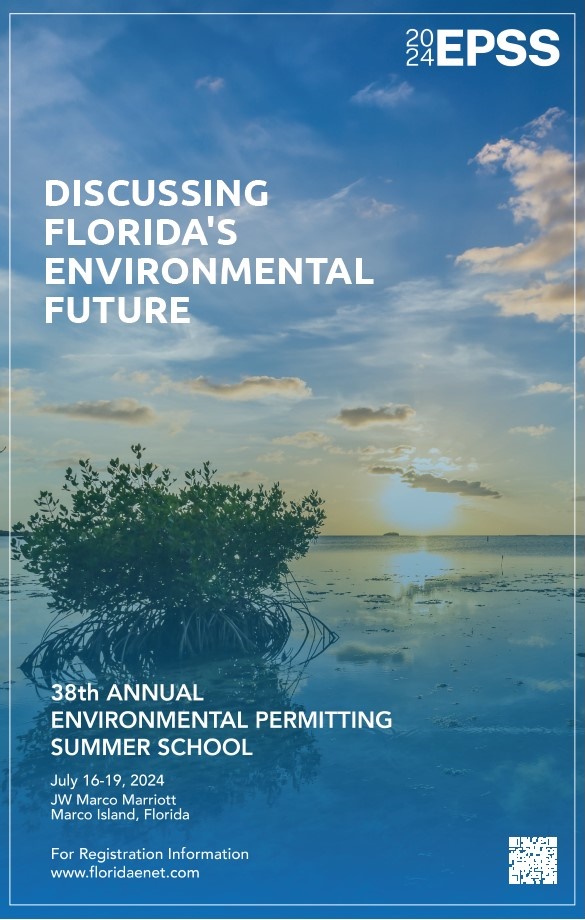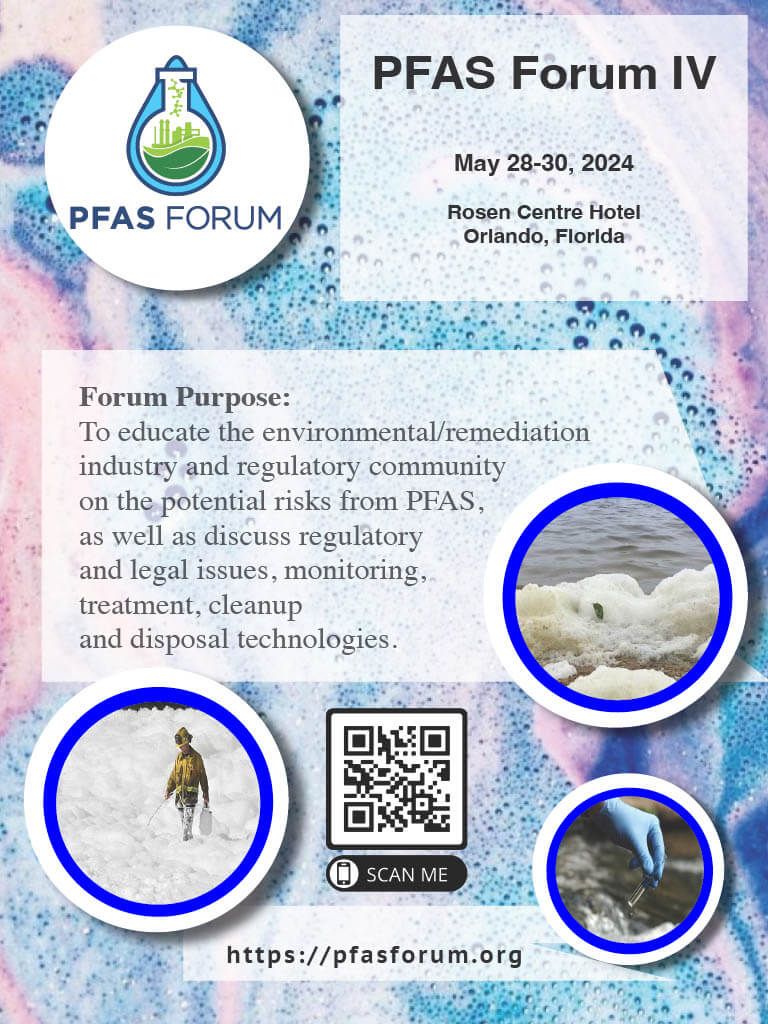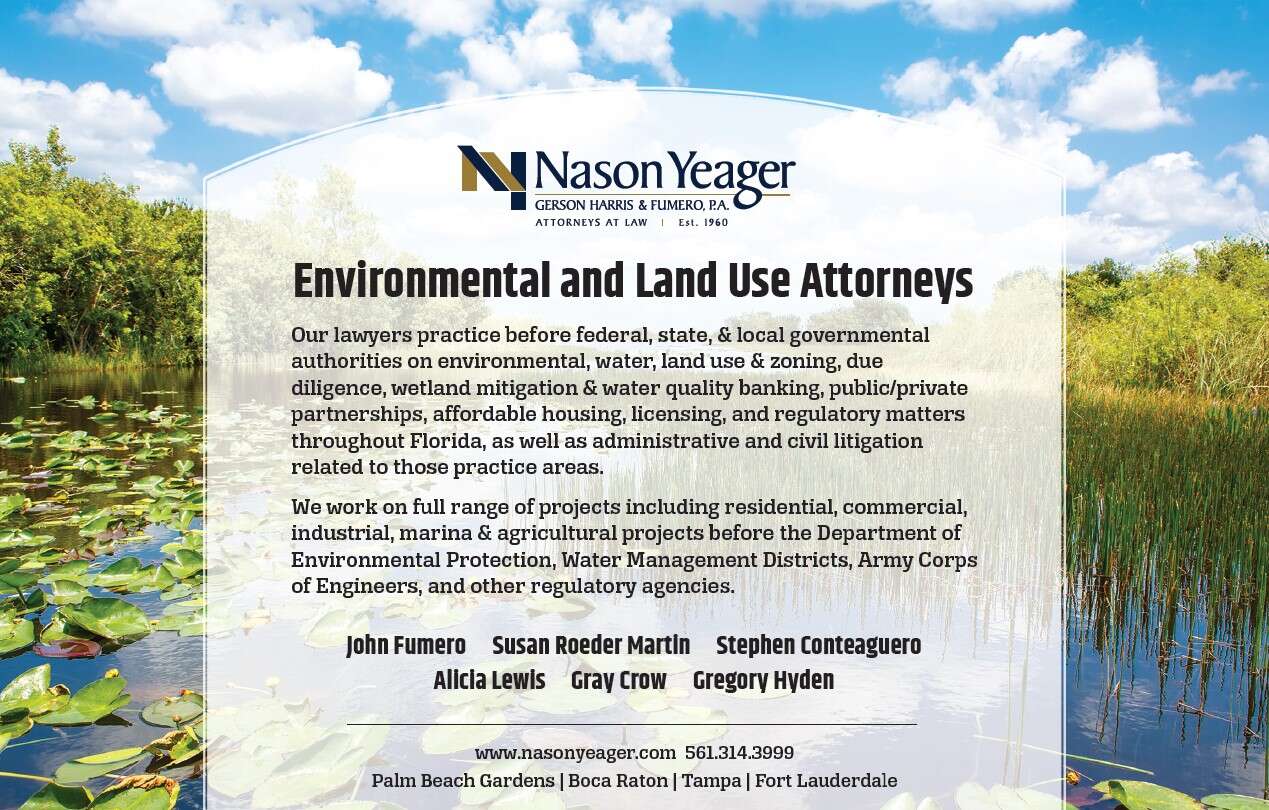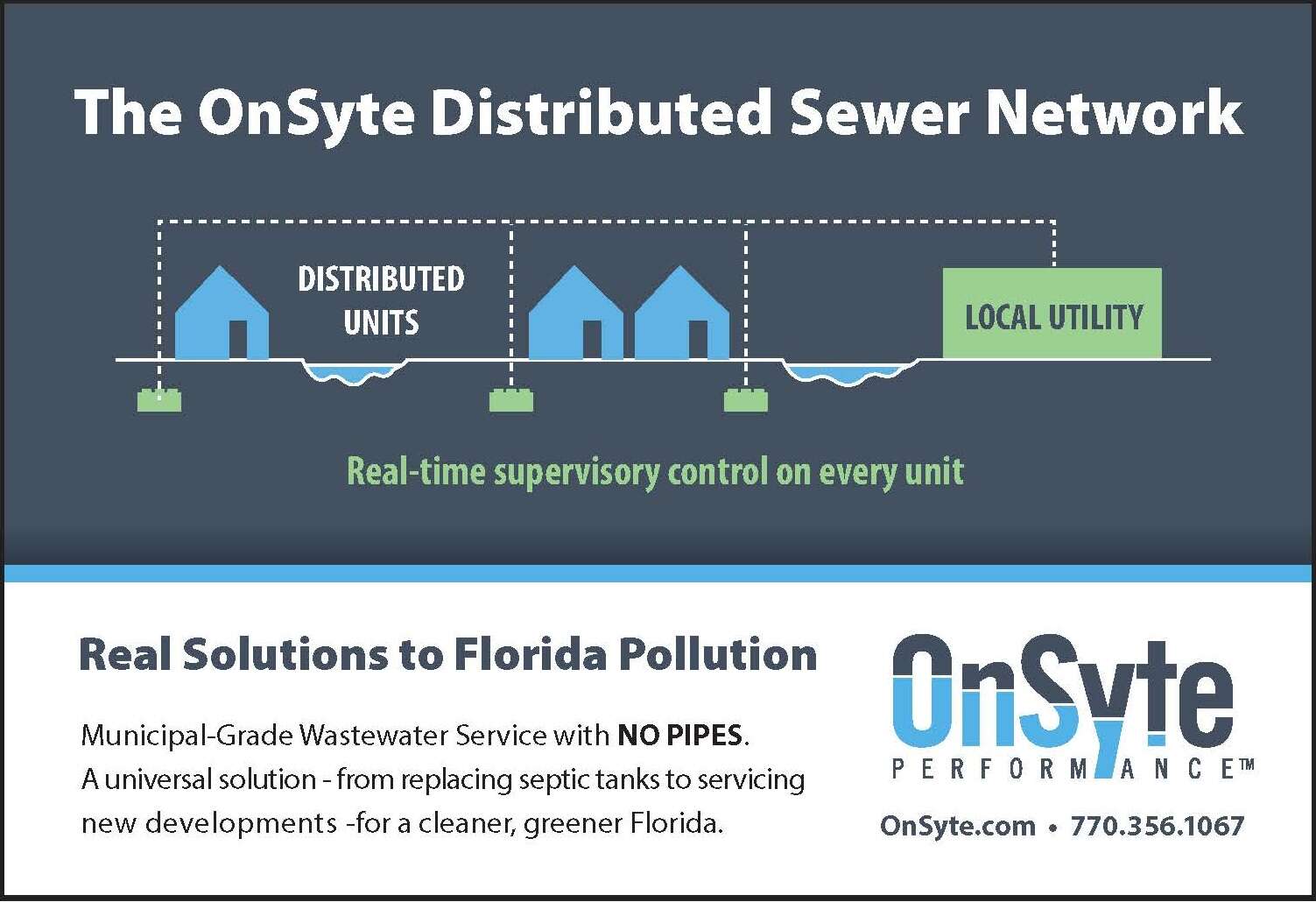By STAFF REPORTS
Two separate judges — one in Texas and one in Kentucky — ruled in recent months that the Biden administration lacked authority to require states to set, and subsequently track and report, declining greenhouse gas emission targets for vehicles using the national highway system. More than 20 states, including Florida, had signed on to a lawsuit fighting a rule proposed by the Federal Highway Administration (FHWA), according to multiple news reports.
A federal judge in Kentucky ruled in favor of more than 20 states in a lawsuit against the FHWA that the agency’s rule lacked a statutory basis and was invalid. The ruling came less than a week after a Texas federal judge made a similar ruling in a case filed by the State of Texas against the U.S. Department of Transportation (USDOT). The FHWA exists within the USDOT.
Those fighting the rule claimed victory. “In the Court’s own words: ‘A tailpipe emissions reduction forced on states under the guise of highway planning is just another example of a regulatory elephant squeezed into a statutory mousehole,’” said Florida Department of Transportation (FDOT) Secretary Jared W. Perdue on X, formerly Twitter. “FL will always fight against unlawful federal overreach.”
The FHWA published the final rule in December and was immediately challenged by several states. It would have required states to measure greenhouse gas emissions from vehicles on the national highway system, establish individual targets to reduce those emissions, and report on progress to achieve them, according to news reports. The agency’s argument for the rule was based on a statute that allowed the agency to develop measures that state departments of transportation could use to grade the national highway system’s performance.
In Florida, that would have meant FDOT measuring greenhouse gas emissions over more than 1,600 miles of transportation from Pensacola to Miami.
The Kentucky Judge, Benjamin Beaton, declared the rule to be arbitrary and capricious in a declaratory judgment. He gave the parties 21 days from April 1 to address the need for additional relief.
“If the Administrator were allowed to shove national greenhouse-gas policy into the mouths of uncooperative state Departments of Transportation, this would corrupt the separation of sovereigns central to our lasting and vibrant system of federalism,” he wrote in his judgment.
In its rule, the FHWA argued that the changes would assist with a reduction in climate change threats. “The GHG measure will help the United States confront the increasingly urgent climate crisis,” the rule states. “Changes in extreme events, along with anticipated future increases in the occurrence and severity of these events because of climate change, threaten the reliability, safety, and efficiency of the transportation system and the people who rely on it to move themselves and transport goods. At the same time, transportation contributes significantly to the causes of climate change, representing the largest source of U.S. CO2 emissions, and each additional ton of CO2 produced by the combustion of fossil fuels contributes to future warming and other climate impacts.”
It’s unclear what remedies may come from the parties’ discussions about additional relief or if the Biden Administration may appeal or seek other remedies.



